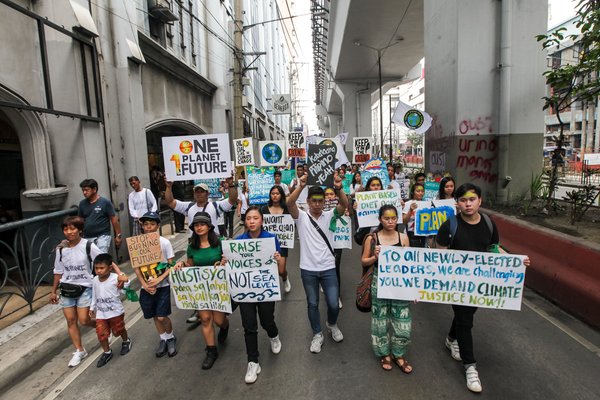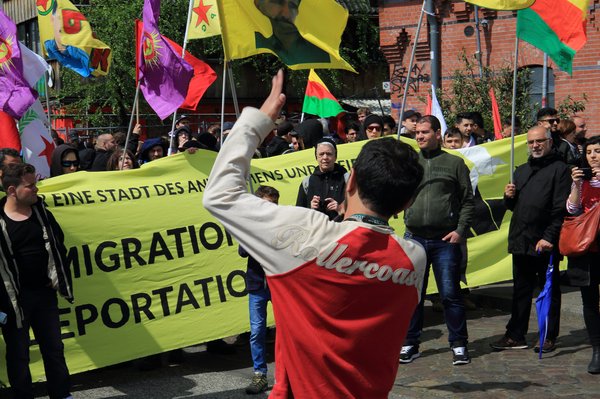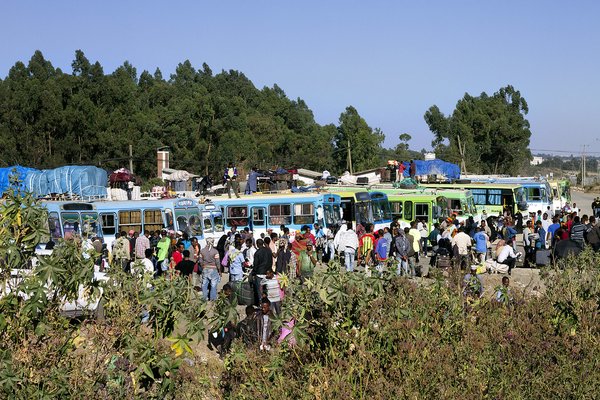Introduction
The Migration Policy Roundtable series was a collaboration between the United Nations University Centre for Policy Research (UNU-CPR) and the MIDEQ Hub between October 2022 and March 2024. The roundtable series consisted of in person and online events, targeting policymakers, academics, activists and civil society organisations. Each webinar explored migration and inequalities using data driven evidence from research on South-South migration. Not only did the webinars introduce MIDEQ’s findings to an international audience, they also centred the work of scholars from the Global South, creating the possibility of transforming discussions on mobility and feature Global South researchers who are often missing from UN policy discussions.
The series explored migration, inequalities and development through a range of issues such as climate change and children in migrant households. The first event featured a MIDEQ Showcase. Hosted in New York, it provided an opportunity for MIDEQ Co-Is from Haiti, Ethiopia, South Africa and Nepal to present the findings of their research to an invited audience of UN agencies and Member States.
In November, an event was held in Geneva on the implementation of the Global Compact for Migration. Speakers included the Mexican Ambassador, the UN Network on Migration, OHCHR and MIDEQ Co-Director Louis Herns Marcelin. To mark International Migrants Day, in December 2022, the webinar centred on the contribution of migration to development in the MENA region and included a speaker from the MIDEQ Jordan team.
In January 2023, a migration policy roundtable on Decent work and migration: challenges for the Global South included speakers from Dejusticia, a Colombia-based research and advocacy organisation, the International Labour Organization (ILO), the International Trade Union Confederation (ITUC) and MIDEQ partner Migrant Justice Initiative. Further events focused on topics such as climate-related mobility in contexts of urbanisation (March 2023), understanding the link between migration and social protection programmes (June 2023) with OECD, reconceptualising ‘left behind children’ with UNICEF (July 2023), gender responsive migration governance (September 2023) with UN Women and understanding remittances, innovations in digital money transfers, and investment opportunities through a gender lens (March 2024).



